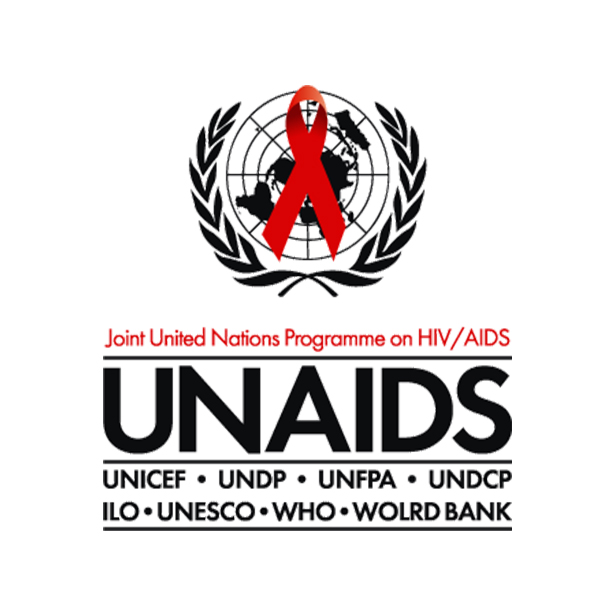By Gina Bella
……warn governments against reduced funding for HIV
……as new report shows 2020 target can’t be met
As Nigeria and the global community continues to battle the COVID-19 pandemic, the Joint United Nations Programme on HIV and AIDS (UNAIDS), has said the disruptions in HIV treatment occasioned by the COVID-19 pandemic, could cause more than 500,000 additional HIV related deaths in sub Saharan Africa within the next one year.
This was contained in a new report launched on Monday in Geneva, Switzerland, which also noted that the global AIDS epidemic shows that the 2020 target to end the scourge would not be reached due to unequal progress.
While raising concerns global responses achieved could be drawn backwards by 10 years or more, Africa was highlighted to be at risk of heading back to the AIDS mortality level witnessed as far back as 2008.
The report which further stated that in 2019, no fewer than 690 000 people died of AIDS-related illnesses, even as 12.6 million of the 38 million people living with HIV were not accessing the life-saving treatment, predicted the next one year could be devastative, as the COVID-19 pandemic has seriously impacted negatively on the AIDS response and could disrupt even more.
The report reads in part: “A new report by UNAIDS shows remarkable, but highly unequal, progress, notably in expanding access to antiretroviral therapy. Because the achievements have not been shared equally within and between countries, the global HIV targets set for 2020 will not be reached.
“The report, Seizing the moment, warns that even the gains made could be lost and progress further stalled if we fail to act. It highlights just how urgent it is for countries to double down and act with greater urgency to reach the millions still left behind.
“A six-month complete disruption in HIV treatment could cause more than 500 000 additional deaths in sub-Saharan Africa over the next year (2020–2021), bringing the region back to 2008 AIDS mortality levels. Even a 20% disruption could cause an additional 110 000 deaths.
“Missed targets have resulted in 3.5 million more HIV infections and 820 000 more AIDS-related deaths since 2015 than if the world was on track to meet the 2020 targets. In addition, the response could be set back further, by 10 years or more, if the COVID-19 pandemic results in severe disruptions to HIV services.”
Executive Director of UNAIDS, Winnie Byanyima who listed stigma, discrimination and widespread inequalities as major barriers to ending AIDS, urged countries to listen to the evidence and step up to their human rights responsibilities
“Every day in the next decade decisive action is needed to get the world back on track to end the AIDS epidemic by 2030. Millions of lives have been saved, particularly the lives of women in Africa. The progress made by many needs to be shared by all communities in all countries.
“Fourteen countries have achieved the 90–90–90 HIV treatment targets (90% of people living with HIV know their HIV status, of whom 90% are on antiretroviral treatment and of whom 90% are virally supressed), including Eswatini, which has one of the highest HIV prevalence rates in the world, at 27% in 2019, and which has now surpassed the targets to achieve 95–95–95.”
Byanyima who said the implications of diverting or reducing money meant for HIV treatment and prevention into COVID-19 would be to grave to contend with, urged countries to increase investments in both diseases. In addition, a People’s Vaccine for COVID-19, which has been signed by more than 150 world leaders and experts, has demanded all vaccines, treatments and tests be patent-free, mass produced and distributed fairly and free for all.
“In 2019, funding for HIV fell by 7% from 2017, to US$ 18.6 billion. This setback means that funding is 30% short of the US$ 26.2 billion needed to effectively respond to HIV in 2020.
“We cannot have poor countries at the back of the queue. It should not depend on the money in your pocket or the colour of your skin to be protected against these deadly viruses. We cannot take money from one disease to treat another. Both HIV and COVID19 must be fully funded if we are to avoid massive loss of life.”




